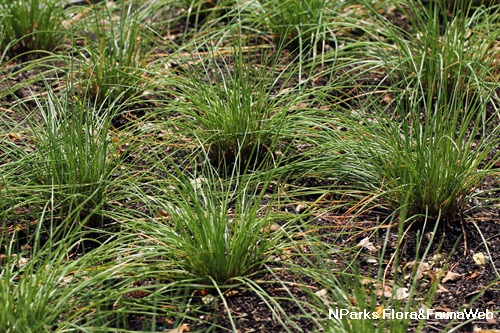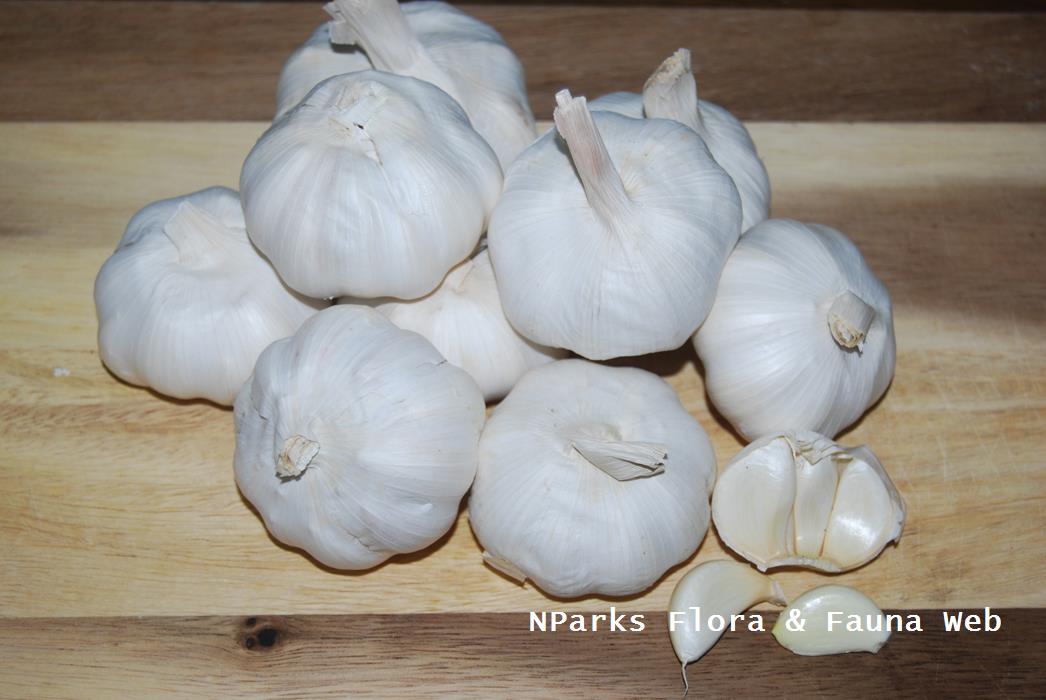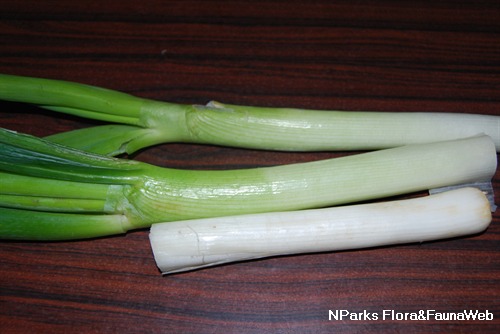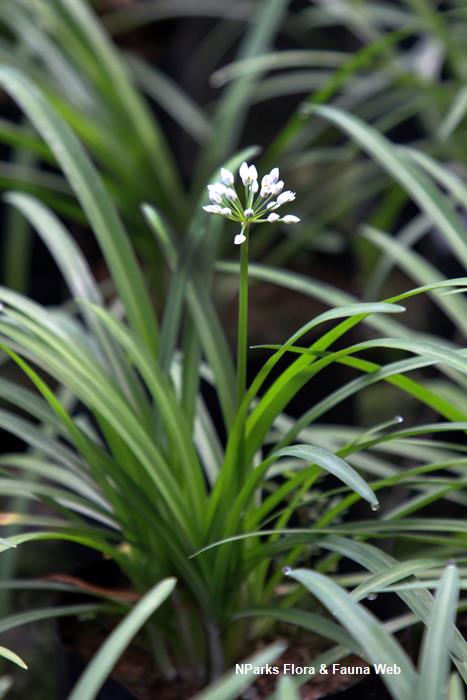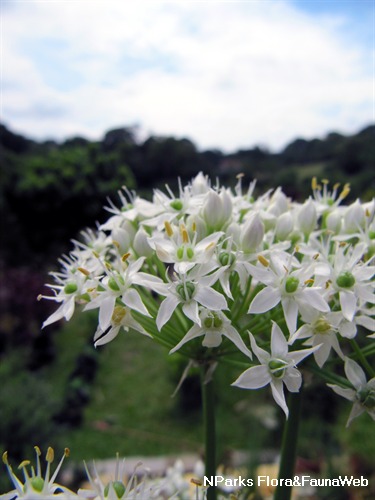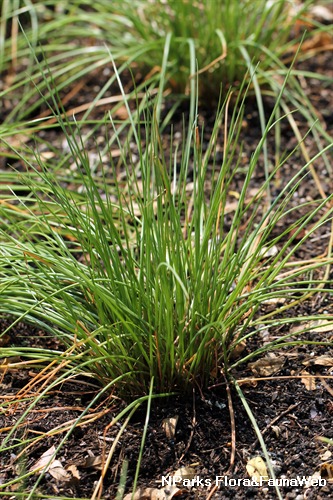
Back
Allium chinense G.Don
| Family Name: | Amaryllidaceae |
| Synonyms: | Allium exsertum, Allium bakeri, Allium bodinieri, Allium martini |
| Common Name: | Chinese Onion, Chinese Scallion, Japanese Scallion, Oriental Onion, Rakkyo, 藠头, 辣韮 |
Name
Classifications and Characteristics
| Plant Division | Angiosperms (Flowering Seed Plants) (Monocotyledon) |
|---|---|
| Plant Growth Form | Herbaceous Plant |
| Lifespan (in Singapore) | Perennial |
| Mode of Nutrition | Autotrophic |
| Plant Shape | Grassy |
| Maximum Height | 0.3 m |
Biogeography
| Native Distribution | China |
|---|---|
| Native Habitat | Terrestrial |
| Preferred Climate Zone | Temperate |
| Local Conservation Status | Non-native (Horticultural / Cultivated Only) |
Description and Ethnobotany
| Growth Form | Herb forms dense clumps up to 0.3 m tall. |
|---|---|
| Foliage | Bright green, linear leaves are hollow and 3-5 angled. |
| Stems | The stem is an ovoid (egg-shaped) bulb (1.9 cm wide). |
| Flowers | Flowers are light purple. |
| Cultivation | This species is shade intolerant and grows best in moist, but well-drained soil. |
| Ethnobotanical Uses | Edible Plant Parts : Edible Leaves, Edible Flowers, Edible Seeds, Edible Roots Food (Fruit or Vegetable): The Chinese and Japanese often consume the bulbs as pickles. |
Landscaping Features
| Desirable Plant Features | Ornamental Flowers |
|---|---|
| Landscape Uses | Parks & Gardens, Small Gardens, Flowerbed / Border |
| Thematic Landscaping | Economic Garden |
Fauna, Pollination and Dispersal
| Pollination Method(s) | Biotic (Fauna) (Insects (Bee)) |
|---|
Plant Care and Propagation
| Light Preference | Full Sun |
|---|---|
| Water Preference | Lots of Water |
| Rootzone Tolerance | Moist Soils, Well-Drained Soils, Poor Infertile Soils |
Image Repository
Others
| Master ID | 31786 |
|---|---|
| Species ID | 6186 |
| Flora Disclaimer | The information in this website has been compiled from reliable sources, such as reference works on medicinal plants. It is not a substitute for medical advice or treatment and NParks does not purport to provide any medical advice. Readers should always consult his/her physician before using or consuming a plant for medicinal purposes. |

